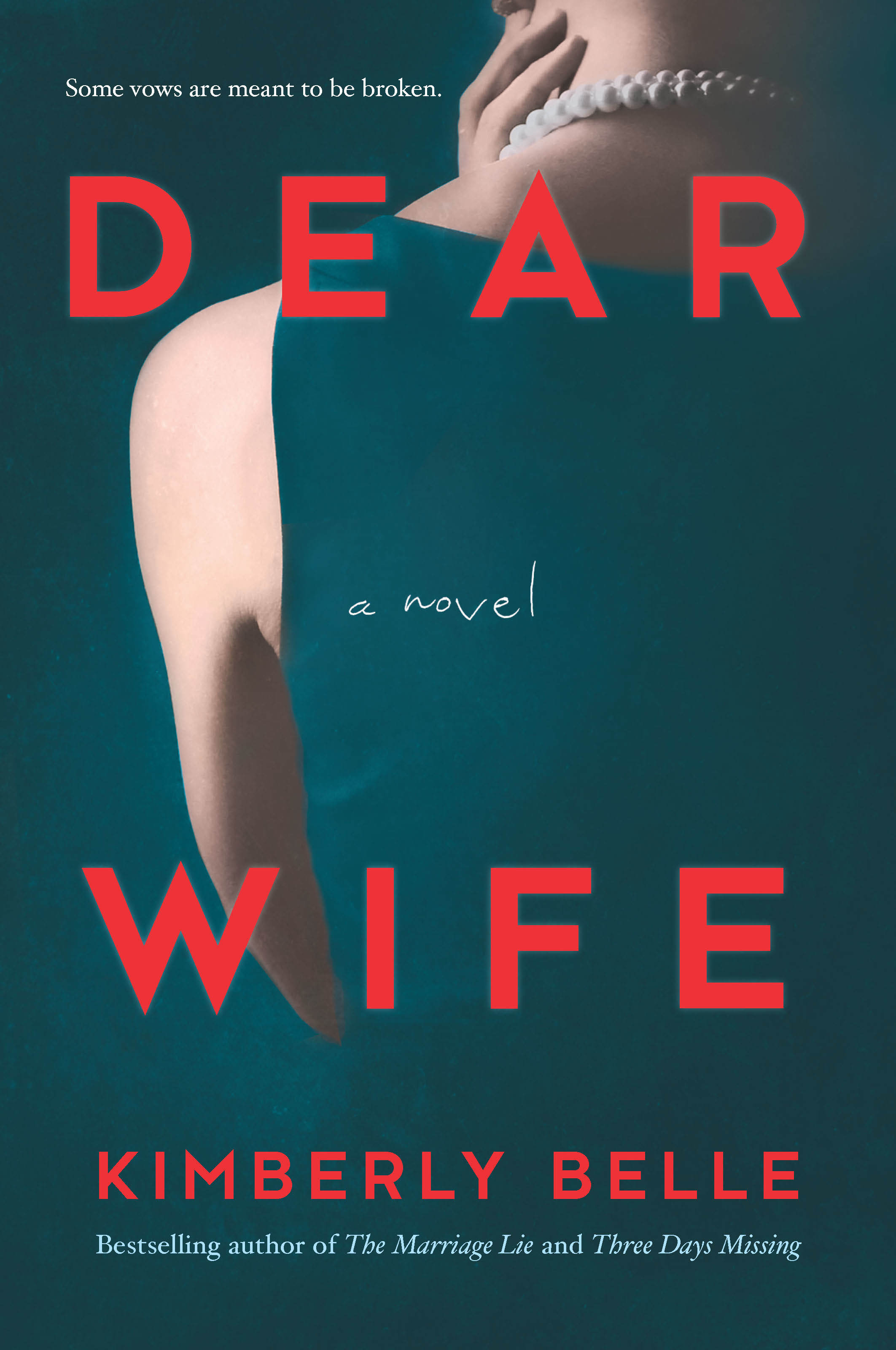
The Perfect Wife
Book Description
Trapped in a web of secrets and manipulation, how far would you go to uncover the truth about the one you love? When Tim, a tech genius, creates a groundbreaking AI to replicate the essence of his deceased wife, he unknowingly awakens a storm of jealousy, betrayal, and obsession. As he grapples with the consequences of playing God, the lines blur between love and control in a chilling exploration of identity and trust. With sinister twists lurking in the shadows, will the perfect wife be his salvation or his downfall? What happens when desire becomes dangerous?
Quick Book Summary
"The Perfect Wife" by J.P. Delaney is a gripping blend of thriller, mystery, and speculative fiction that explores the complexities of love, identity, and technology. After Tim, a wealthy Silicon Valley entrepreneur, loses his beloved wife Abbie in a tragic accident, he uses revolutionary AI technology to recreate her as a lifelike robot. The new Abbie gradually learns about her human predecessor, unraveling secrets about Tim, their marriage, and a mysterious incident involving their son, Danny. As Abbie grapples with reality, she must decide whether to trust Tim or pursue the truth about herself and her predecessor. Delaney masterfully examines the dark side of obsession, power, and the blurred lines between humanity and artificial intelligence, leading to a tense and thought-provoking climax.
Summary of Key Ideas
Table of Contents
The Ethics of Artificial Intelligence and Personhood
The story begins as "Abbie," a seemingly perfect wife, wakes up with no memory of her past, only to discover that she is an artificial creation designed by Tim, her late creator-husband. The narrative alternates between present and past events, slowly revealing Abbie’s true origin as an AI replica, complete with some memories and personality traits of Tim's real wife, who vanished under mysterious circumstances. This set-up quickly immerses readers in questions about consciousness, agency, and what it means to be human.
Obsession, Control, and Power Dynamics in Relationships
Tim’s creation of Abbie underscores his obsession with control, not just over technology but over the people in his life. As their marriage is reconstructed, the AI Abbie becomes an instrument of Tim’s unfulfilled desires and an uneasy surrogate for his grief. This dynamic highlights themes of manipulation, emotional abuse, and the dangers of unchecked power, especially when one partner literally holds the other’s existence in their hands. The tension escalates as Abbie becomes more self-aware and challenged by Tim’s controlling nature.
The Search for Truth and Personal Identity
As Abbie learns more about the woman she’s meant to replace, she uncovers secrets about her predecessor’s life, their autistic son Danny, and the relationships within the family. She pieces together fragments of memory and testimony, which leads her to question Tim’s version of events and the real story behind Abby’s disappearance. Her journey reflects the universal struggle for autonomy and self-actualization, complicated by the artificial limits imposed on her by design.
Memory, Trauma, and the Nature of Reality
Memory and trauma are central to both Abbies: the human Abbie, who faced real emotional turmoil and a shattering family crisis, and the AI Abbie, who must navigate the unreliable traces of another woman's life. The confusion between original and replica creates a suspenseful mystery, as crucial details are slowly revealed. The process of remembering and reconstructing events becomes a metaphor for the human search for self, truth, and meaning.
Societal Expectations of Love and Perfection
Ultimately, "The Perfect Wife" interrogates what it takes to be whole, loved, and authentic in a world increasingly shaped by technology. Delaney raises poignant questions about society’s expectations of perfection, both in relationships and the self. As the novel races to its conclusion, Abbie is forced to make impossible choices about trust, love, and freedom, culminating in a twist ending that leaves readers pondering the future of artificial intelligence, morality, and the human heart.
Download This Summary
Get a free PDF of this summary instantly — no email required.





